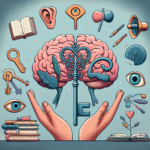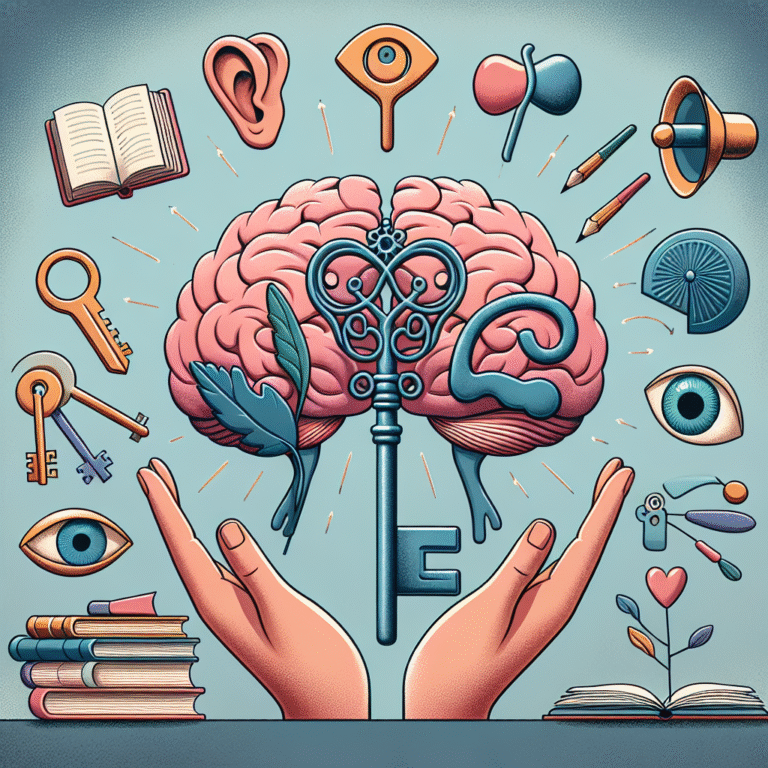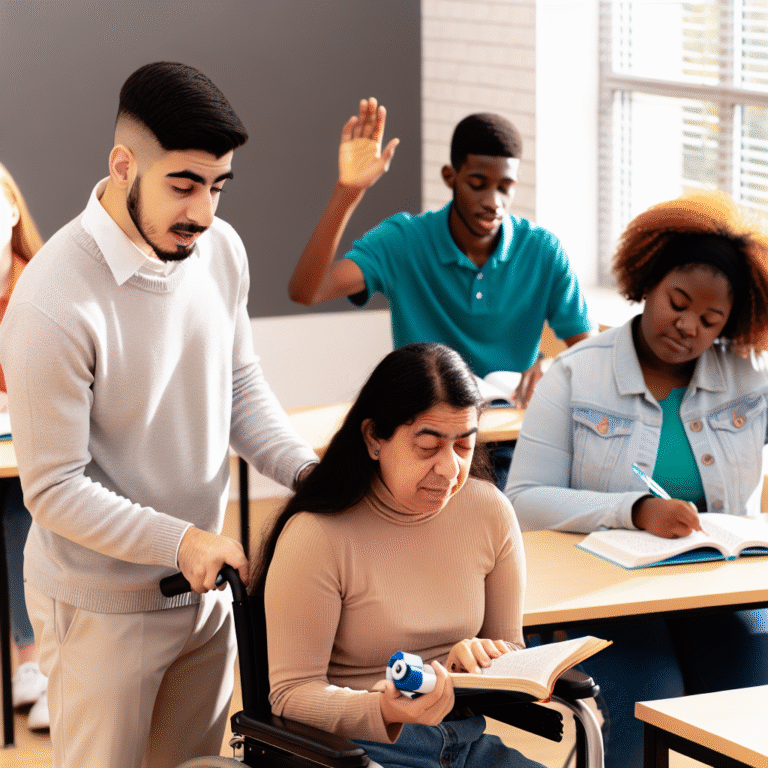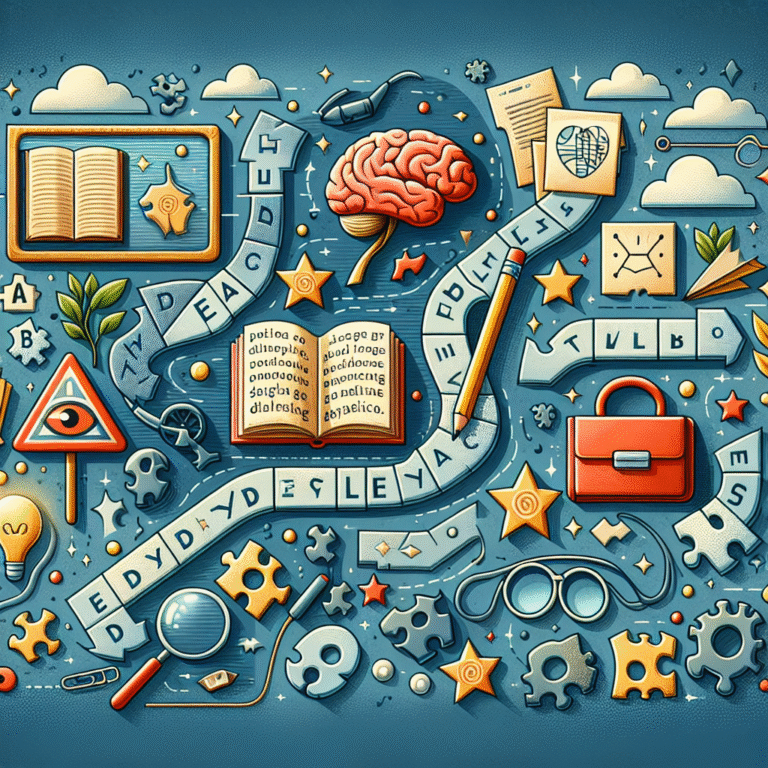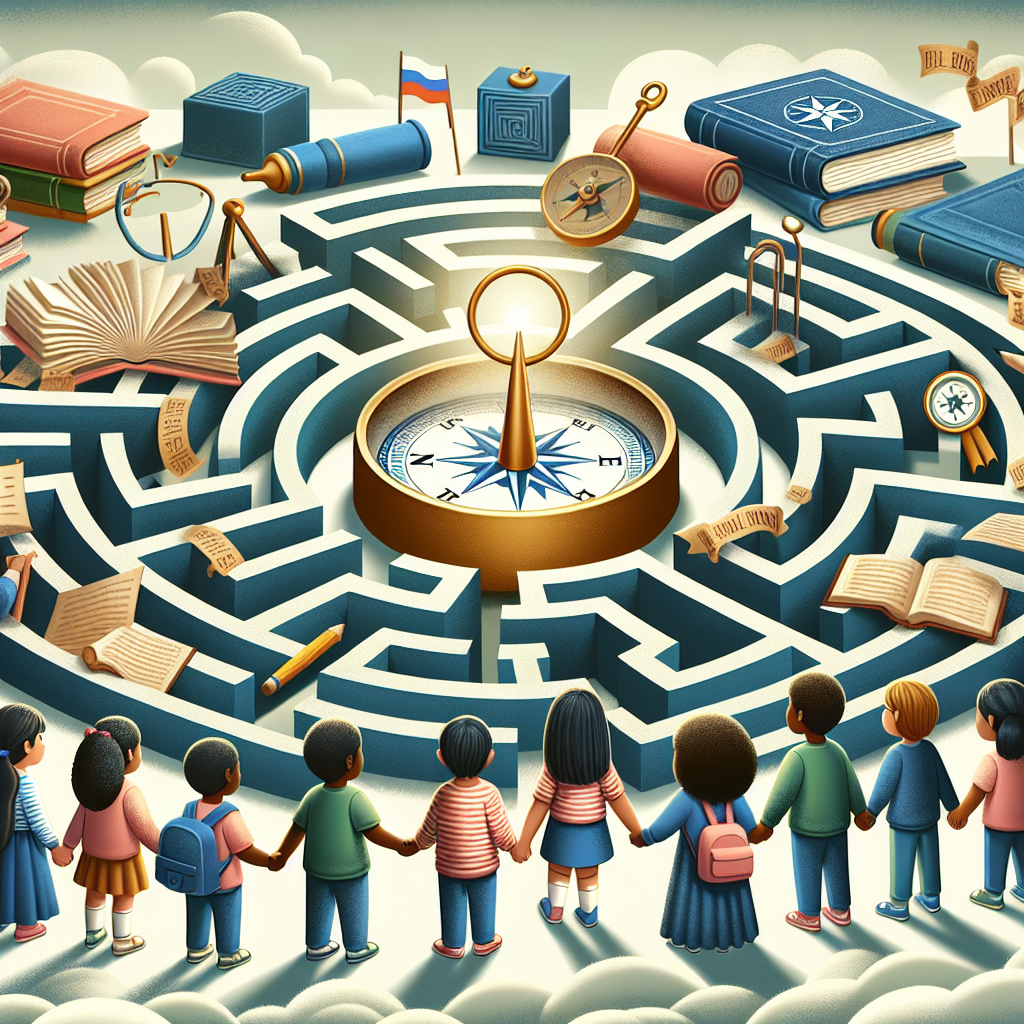
Navigating the Maze: Expert Resources for Parents of Children with Learning Disabilities
Introduction
Navigating the complex world of learning disabilities can feel like traveling through an intricate maze, filled with winding paths, unexpected turns, and occasional dead ends. For parents whose children face these challenges, this journey often evokes a mix of uncertainty and urgency. Every child is unique, and what works for one may not work for another. However, understanding the landscape, garnering essential resources, and connecting with expert advice can empower you to advocate effectively for your child’s educational needs. This article provides expert resources and practical strategies for parents navigating the maze of learning disabilities, equipping you with tools for success.
Understanding Learning Disabilities
What Are Learning Disabilities?
Learning disabilities (LD) are neurological conditions that affect how individuals process information, affecting their ability to read, write, calculate, or reason. They can manifest in several forms, including:
- Dyslexia: Difficulty in reading due to impairments in the brain’s ability to translate sounds into written words.
- Dyscalculia: Challenges in understanding numbers and mathematical concepts.
- Dysgraphia: Difficulty with writing, including spelling and handwriting.
- Auditory Processing Disorder: Trouble understanding sounds and their significance.
Understanding these disorders helps parents become better advocates for their children in educational settings.
How Common Are Learning Disabilities?
According to the National Center for Learning Disabilities, about 1 in 5 children in the U.S. has a learning disability. This statistic highlights the importance of recognizing and addressing learning disabilities early.
Case Study: Emily’s Journey
Meet Emily, a vibrant 10-year-old diagnosed with dyslexia. Her struggle with reading was often mistaken for laziness, leading to frustration at school and home. After collaborating with specialists and utilizing resources tailored for her, Emily’s reading skills improved significantly within a year. This case exemplifies the profound impact of proper resources and intervention.
Expert Resources for Parents
Navigating the maze of learning disabilities requires access to reliable resources. Here’s a curated list that can facilitate your journey:
1. Educational and Psychological Assessments
Expert evaluations can provide insights into your child’s specific learning needs. Seek professionals like school psychologists or educational diagnosticians who can:
- Conduct comprehensive assessments.
- Recommend suitable interventions.
- Aid in developing individualized education plans (IEPs).
2. Online Support Networks
Online communities offer a sense of belonging and shared experiences. Websites like Understood.org or LD Online provide valuable information and forums where parents can share strategies and support one another.
3. Professional Help
Consider engaging with specialists such as:
- Special Education Teachers: Who can tailor teaching methods to your child’s unique learning style.
- Speech and Language Pathologists: Essential for children with communication difficulties.
- Occupational Therapists: Can assist in fine motor skills needed for writing.
4. Books and Guides
Several books have been written to assist parents in understanding and dealing with learning disabilities. Notable mentions include:
- "The Dyslexia Empowerment Plan" by Ben Foss
- "Overcoming Dyslexia" by Sally Shaywitz
These resources not only provide insights into learning disabilities but also actionable strategies.
Table: Essential Resources for Parents
| Type of Resource | Description | Example |
|---|---|---|
| Website | Offers comprehensive support and information | Understood.org |
| Books | Provides strategies and insights | "The Dyslexia Empowerment Plan" |
| Professional Organizations | Advocacy and information on educational rights | Learning Disabilities Association of America |
| Online Support Groups | Community support and shared experiences | Facebook Groups |
Strategies for Effective Advocacy
As a parent, becoming an advocate for your child is crucial. Here are some strategies to consider:
1. Learn the Law
Understanding the legal protections available for children with learning disabilities, such as the Individuals with Disabilities Education Act (IDEA), can empower you to advocate effectively.
2. Create an IEP
An Individualized Education Plan (IEP) outlines specialized instruction tailored to your child’s needs. Collaborate with educational professionals to establish clear goals and methods tailored to your child’s learning style.
3. Maintain Open Communication
Building positive relationships with teachers and school staff is vital. Open lines of communication can facilitate understanding and cooperation regarding your child’s education.
Case Study: Jason’s Advocacy
Jason’s parents, after learning about their rights under IDEA, were able to negotiate a structured IEP that included tailored support measures. As a result, Jason’s engagement in school improved, resulting in higher achievement and self-esteem.
Empathy and Emotional Support
The Important Role of Emotional Support
Children with learning disabilities may struggle with issues of self-esteem and social acceptance. It’s crucial to provide emotional support to help them develop resilience and confidence.
Tips for Fostering Emotional Health:
- Praise Effort, Not Just Achievement: This encourages a growth mindset.
- Provide a Safe Space: Encourage open discussions about their feelings and challenges.
- Seek Professional Help: Consider counseling or therapy for additional support.
Navigating the Transition to Adulthood
A child’s journey doesn’t end at graduation. Understanding how to prepare for adulthood is equally important.
1. Teaching Life Skills
Focus on life skills that foster independence, such as budgeting, cooking, and job skills.
2. Post-Secondary Education Options
Explore various post-secondary pathways like community colleges, vocational training, and transitional programs that cater to diverse learning styles.
Case Study: Rachel’s Transition
Rachel, a high school senior with dyslexia, transitioned smoothly into a community college thanks to her parents’ proactive approach. They enrolled her in a program focused on assistive technologies, enabling her to thrive in her studies.
Conclusion
Navigating the maze of learning disabilities can feel overwhelming at times, but as a parent, you’re not alone. By accessing expert resources and employing effective advocacy strategies, you can empower your child to overcome challenges and achieve their potential. Remember, the journey may seem daunting, but with patience, understanding, and the right support, each step forward can lead to remarkable growth.
Key Takeaways
- Understand the specific learning disabilities impacting your child.
- Lean on expert resources—evaluate assessments and connect with specialists.
- Advocate effectively through knowledge of legal rights and collaboration with educators.
- Provide emotional support and prepare your child for independence.
FAQs
1. What should I do if I suspect my child has a learning disability?
Start by observing their behavior and academic performance. Speak with their teacher and consider scheduling an evaluation with a specialist.
2. How do I access special education services in public schools?
Contact the school’s special education department to request an Individualized Education Plan (IEP) evaluation.
3. Are there financial resources available for parents?
Many nonprofits and organizations offer grants and scholarships for children with learning disabilities. Look into local and national resources for potential funding.
4. Can learning disabilities be outgrown?
While children may develop strategies to cope, most learning disabilities persist. Early intervention is key to mitigating their impact.
5. How can I support my child emotionally?
Encourage open dialogue, celebrate small successes, and consider professional counseling if needed.
6. What are some effective strategies for homework?
Create a quiet workspace, establish a consistent routine, and break tasks into manageable chunks. Use tools like timers or visual schedules.
By integrating these strategies and resources, you are taking the significant first steps towards a successful partnership in your child’s learning journey. Remember, every child has a unique path, and by navigating this maze together, you can help pave the way for their success.
